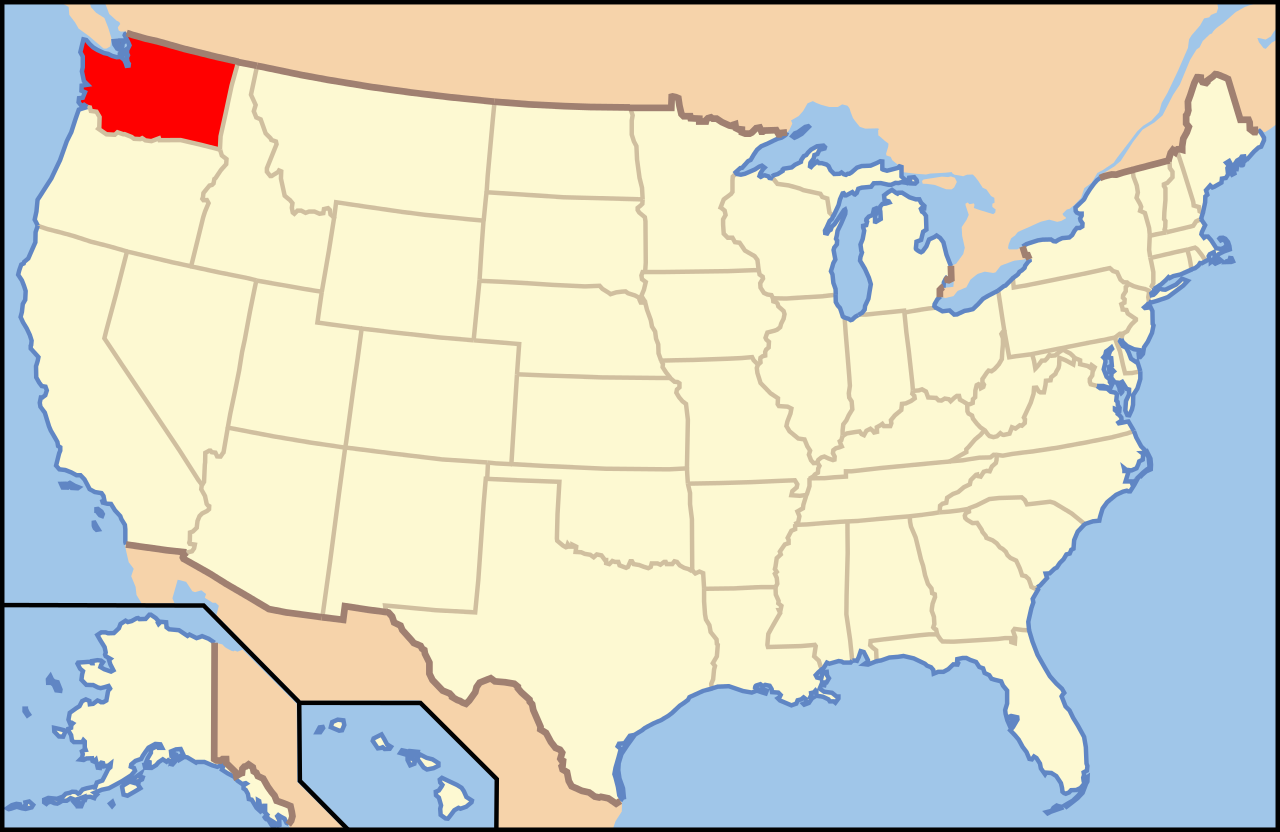Andrew Thaler for the Deep-sea Mining Observer
One of the more curious chapters in the history of deep-sea mining occurred last month, when the Washington State legislature passed a law effectively banning seabed mining for hard minerals within state waters. Senate Bill 5145, which passed near-unanimously in the Washington State Senate and House of Representatives prevents the state from issuing mining leases for hard minerals within Washington state’s waters. Hard minerals includes any natural deposit of metals and placer deposits of metals, as well as a host of other valuable minerals. The area extends out to 3 miles from shore, encompassing relatively little deep seabed.
Notably the ban does not apply to rock, gravel, sand, silt, coal, or hydrocarbons, all of which are currently exploited within state waters.
Proponents of the bill highlight that much of seabed mining is still experimental and that the environmental impacts are largely unknown, especially when looking at the potential impacts to coastal ecosystems when mining happens closer to shore. Deep-sea cold-water coral reefs, as well as nursery grounds that support commercially important fish species could be at risk from direct impacts of mining, as well as indirect impacts from the mining plume and from noise produced by submerged mining tools, among other concerns.
“Scientists are warning that the ecological impacts of seabed mining could be Profound.” said Pew Charitable Trusts representative Tom Rudolph in a statement to the Washington House Committee on Rural Development, Agriculture, and Natural Resources. “They would include sediment plumes both local and dispersed, increased noise, light pollution, and physical disturbance of the seabed, up to and including the removal of plants, animals, and substrate. Seabed mining could have severe impacts on jobs and whole communities dependent on existing ocean uses like fishing, tourism, and cultural resources. For these reasons, and because there are still knowledge gaps surrounding the ocean ecosystem which make it very difficult to accurately assess the true environmental impacts seabed mining would entail, this activity should be addressed in the near-term with strong, precautionary measures to safeguard marine habitat, coastal communities, and cultural resources.”
In a public statement, the Surfrider Foundation made the connection to deep-sea mining explicit, discussing the potential harms that mining of polymetallic nodules, metal-rich crusts, and seafloor massive sulphides could have on the coastal environment. Though both crusts and sulphides occur within Washington State waters, there are no known significant deposits of polymetallic nodules. “Seabed mining has the potential to destroy and alter vast areas of our ocean before we even know what we’re losing.” writes Liz Schotman from Surfrider.
What makes this legislative move so interesting is that it was passed not in reaction to an imminent mining venture, but in anticipation of potential demands for Washington’s seabed resources. Exploration leases were issued for iron and titanium-rich deposits in the 1960s and 1980s, but those ventures never materialized and, to date, no mining of the type now restricted by SB5145 has occurred or is under development in Washington state waters.
The neighboring state of Oregon has banned seabed mining for hard minerals in state waters since 1991.
Featured Image: Map of the USA highlighting Washington State.

